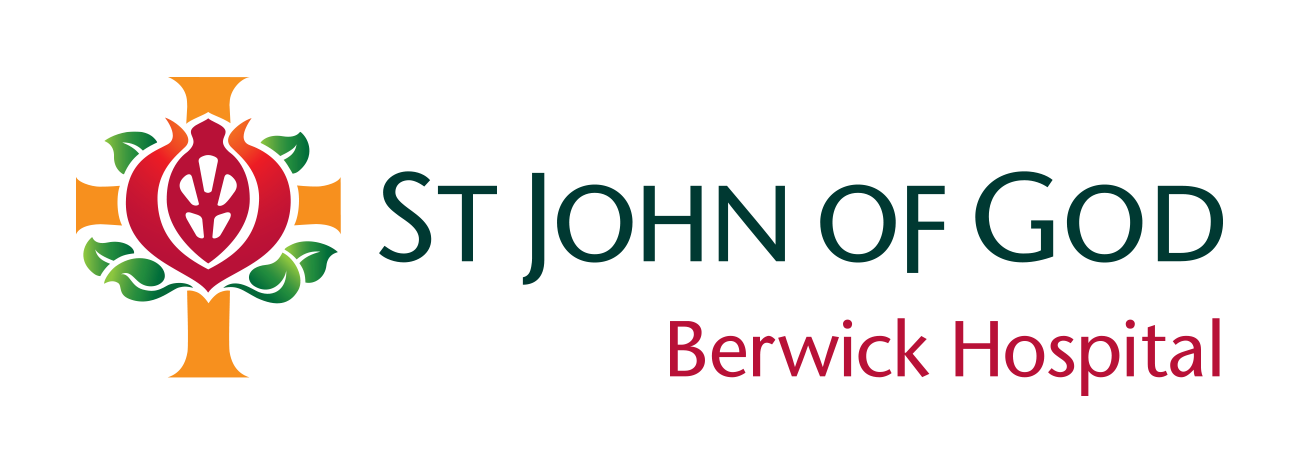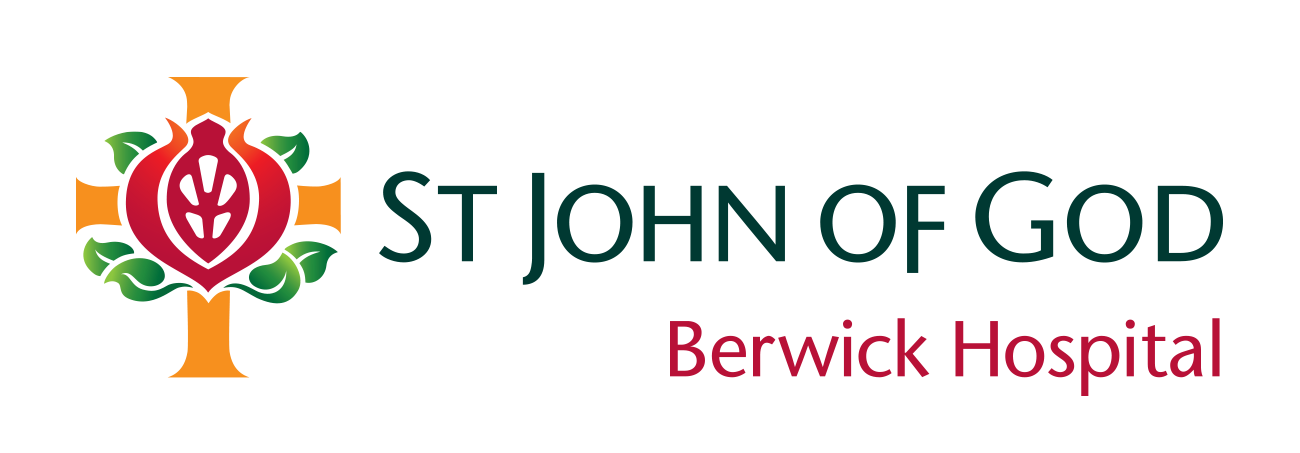- Our services
- Medical and surgical
- Endoscopy
 Our services
Our services
- Medical and surgical
-
- Allied health
- Cardiac rehabilitation
- Falls prevention and balance
- Chronic disease management
- Exercise physiology
- Inpatient rehabilitation
- Nutrition and dietetics
- Occupational therapy
- Oncology rehabilitation
- Orthopaedic rehabilitation
- Outpatient rehabilitation
- Pulmonary rehabilitation
- Physiotherapy
- Reconditioning rehabilitation
- Speech pathology
- Social work
- Community and youth
- Healthcare at Home
- Self-funded care
Endoscopy
An endoscopy is a procedure that enables doctors to examine your internal organs without major surgery. It can be used to diagnose certain conditions including digestive complaints and bowel problems including polyps and some cancers.
Our caregivers help you prepare for and explain the procedure so you know what to expect when you come to hospital. They will also answer any questions you may have and support you before, during and after the procedure.
Our endoscopy services
We offer modern endoscopy services in comfortable facilities, led by gastroenterologists and surgeons, registered nurses and other caregivers who will make your stay as stress-free as possible.
Endoscopies can be used to detect, diagnose or treat:
- ulcers
- blockages
- tumours
- polyps
- gastrointestinal bleeding
- gastrointestinal conditions such as coeliac disease and inflammation such as Crohn’s disease and colitis.
Nearly all endoscopies can be provided as day surgery allowing you to recover at home.
Types of endoscopies
There are several types of endoscopies, including:
- gastroscopy (oesophagus, stomach, duodenum, small intestine)
- colonoscopy (large bowel).
What to expect
To perform an endoscopy, a doctor uses thin, flexible tubing with a microscopic camera on the end to see what’s happening inside your body. Depending on the procedure, this may be inserted through the mouth or anus.
It’s likely that you will receive light sedation. In some cases, an anaesthetic may be required. You may experience some discomfort, but an endoscopy should not be painful.
Preparing for an endoscopy
You will be asked to fast (abstain from food or drink) before an endoscopy and you will be advised the specific details to follow based on your procedure. You may also be asked to take a bowel preparation to clear your system so your doctor can get the best possible view of your digestive system.
You should let your caregivers know of any medications you’re taking.
Your recovery
If you’ve had a sedative, you will need to spend a few hours recovering at hospital before you can go home. A responsible person should drive or escort you home and stay with you overnight.
Benefits of an endoscopy
The benefits of an endoscopy include:
- less invasive and lower risk than major surgery
- allows tissue samples and biopsies to be taken without major surgery
- generally more accurate than X-rays at detecting diseases
- quick recovery time.
These benefits depend on your particular circumstances and require you to fully participate in necessary before and after care and management. You should consult a specialist in this area before deciding whether treatment is suitable for you.
You may be interested in...
